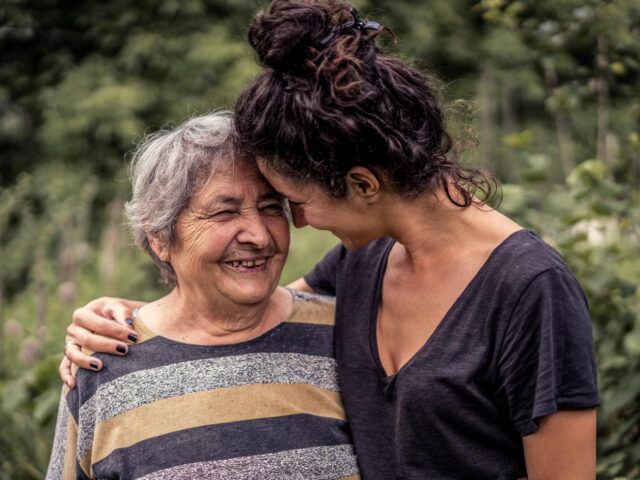Early adulthood is considered to be a critical stage in life, when decisions on future plans for career and family life are made. For many young adults in the UK, there is the additional responsibility of caring for someone else in their household, or outside it. Little research has been done on how many young people are carers and whether caring is falling to particular groups of young people.
A new study from researchers at University College London looks in more detail at how many young people are caring and who they are. The research focuses on demographic differences of young adults aged 16-29 who are caring for family members, particularly parents, who may have disabilities or other disadvantages that mean they need help with daily activities. The research team used Understanding Society to explore the issues and found that 9% of young adults in the UK provide care for someone else. This figure has remained stable throughout the 2010s and is in line with studies that have taken place in Australia and Canada on care giving in these countries.
What did the research find?
Previous studies have suggested that having important caregiving responsibilities at a young age can have a negative impact on a range of outcomes, such as leisure time, career development, educational activities, as well as physical and mental health. These disadvantages are larger for those who also struggle with financial difficulties, or experience growing pressure from the responsibilities they have as a young carer.
This research found that:
- Young adults who were financially worse off were more likely to be providing care, and to care for a longer period of time than those who were more financially stable.
- Young women were more likely to be providing care than young men. This reflects other research on older adult carers, which finds that older women are also more likely to be providing care than older men.
- Young carers in rural areas were more likely to be providing care for friends and neighbours, and to provide fewer hours of care each week, compared to young carers living in towns and cities.
- Most young carers were caring for a parent (41%), while 5% were caring for a partner.
The authors of the research say, “Given that the experience of care provision is not similar across young people of different socioeconomic and demographic background, policymakers should provide appropriate support and formal care services particularly to those young people with caregiving responsibilities from disadvantaged backgrounds, in an attempt to reduce inequalities in the distribution of family care.”
Read the paper Young Adult Carers in the UK—New Evidence from the UK Household Longitudinal Study
Family and householdsYoung people



